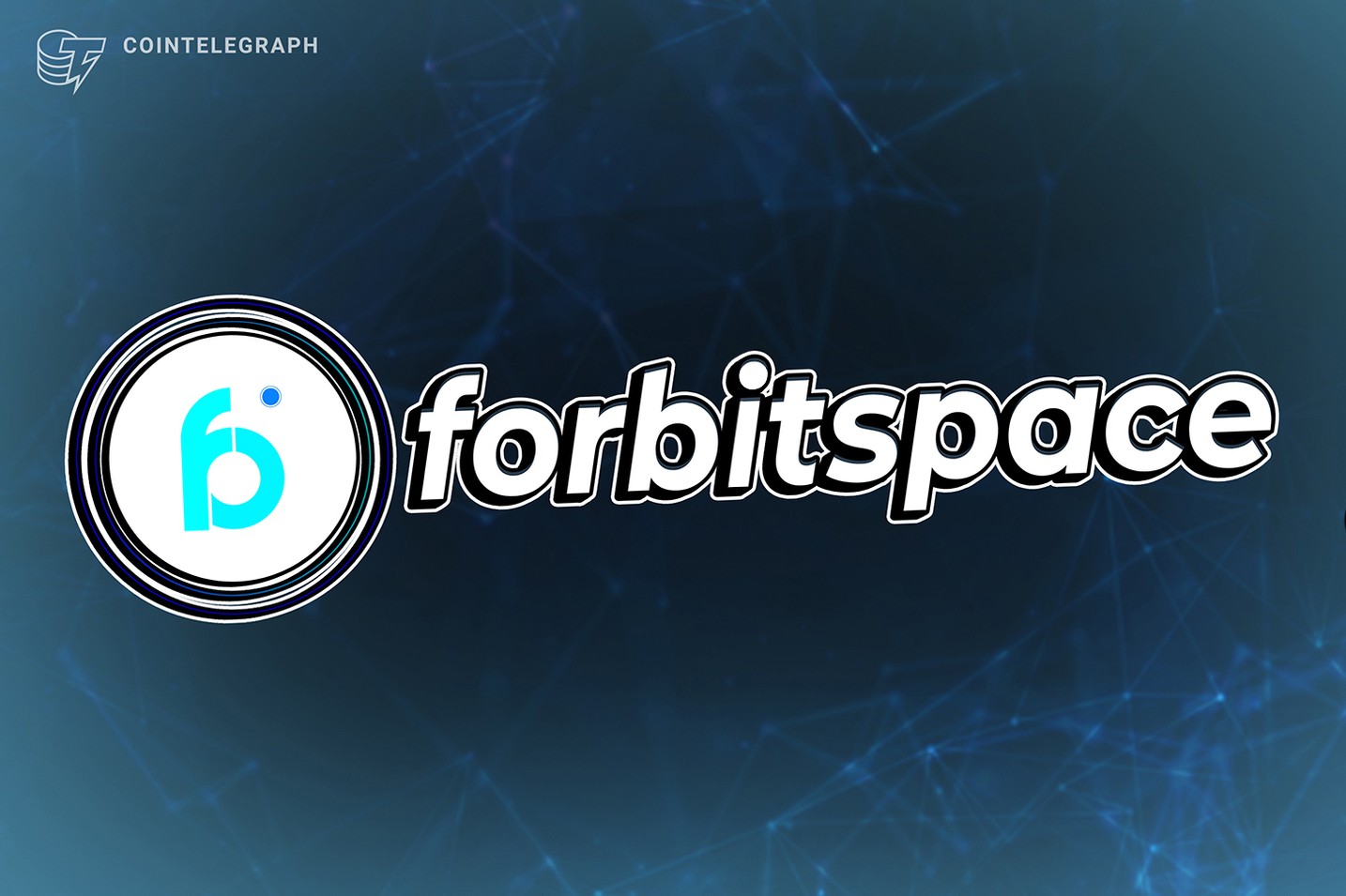As the decentralized finance (DeFi) market continues to boom and expand, new solutions emerge to simplify navigation and improve user experiences. One such recent innovation is the launch of decentralized exchange (DEX) aggregators — platforms that unify numerous DEXs under one roof and allow users to conduct operations on all covered platforms without the need to create separate accounts and wallets.
The convenience of DEX aggregators is indisputable. Instead of having multiple accounts and conducting operations on various resources, users can register on one aggregator and get access to a multitude of liquidity pools and transactions. Moreover, user-friendly and simple price comparisons on such aggregators ensure that every user wishing to buy or sell a crypto asset will get the best possible price.
So, how do DEX aggregators utilize the power of blockchain and what do they offer to regular users?

Why do the end-users of DeFi need decentralized exchange aggregators?
More opportunities. Users want to buy and sell cryptocurrency in the most effective way possible. This includes the speed of work, rate, fees, various bonuses, passive income, etc. But, they are reluctant to monitor the situation on all DeFi services themselves — it's expensive, hard and inconvenient. Plus, it’s difficult to monitor the emergence of new projects. Exchanges undertake the monitoring of all markets.
Improved user experience. DeFi solutions have already proven that they are a better alternative to traditional finance, arising from the need for an open, secure and transparent financial system.
A wider range of DeFi projects. How many exchanges can an ordinary trader monitor on his own? Five? Twenty? An aggregator makes it possible and convenient to monitor several hundred and even thousands of markets.
More useful information. It refers to both the market, as DeFi aggregators provide a much more complete picture of current market conditions than would separate protocols, and providers.
Elimination of slippage. Slippage happens when orders are executed at a price that is less favorable than expected. This happens due to small liquidity in liquidity pools, which is the case for DEXs. DeFi exchanges help solve this issue as they combine the liquidity from different exchanges in one platform
The DEX Super Aggregator spread across multiple networks
Blockchains such as Binance Smart Chain, Solana and layer-two solutions like Polygon, Avalanche, Arbitrum and Optimism are quickly catching up and solving some of the problems that accompany building on Ethereum. Contrary to popular rhetoric, these solutions are not being implemented to “kill Ethereum” but to provide a multichain approach to building for Web 3.0. The number of blockchains and blockchain projects being built each day is on the rise as developers try to leverage the technology’s capabilities.
The increase comes in a multichain space called the forbitspace DEX Super Aggregator that can facilitate and interconnect new chains to enhance the overall user experience. The approach of a multichain ecosystem would allow anyone to join anywhere.
How the Forbitspace DEX Super Aggregator deepens liquidity to reduce slippage
Slippage occurs when insufficient trading volume results in purchasing an asset for more than was initially intended or the selling of an asset for less than was initially intended. The forbitspace DEX Super Aggregator’s liquidity is spread across DEX platforms to deepen DEX liquidity, which counteracts order slippage.
Forbitspace DEX Super Aggregators are built on a smart order routing algorithm that was designed to support various protocols.
The spaceflight smart order routing algorithm was designed to support multiple blockchains including Ethereum, Binance Smart Chain, Polygon and Avalanched in space across the broader DEX ecosystem by increasing liquidity across the broader market multiple blockchains.
Forbitspace DEX Super Aggregators protocols already support
- Ethereum: UniswapV2, UniswapV3, Balancer, Curve, SushiSwap, Kyber, Oasis, ShibaSwap, Aave, forbitswap, Bancor and more.
- Binance Smart Chain: ApeSwap, Curve, Dodo, BakerySwap, SushiSwap, BiSwap, PancakeSwap, JetSwap, forbitswap, Wbnb and Julswap.
- Polygon: ApeSwap, Curve, Dodo, Dfyn, SushiSwap, QuickSwap, Vault Finance, Wmatic, JetSwap, Wmatic and Balancer.
- Avalanche: Pangolin, SushiSwap, Curve, Dodo, YetiSwap, LydiaFinance, SnowBall, Olive, Baguette, Canary, Complus and Wavax.
Forbitspace DEX Super Aggregator uses power blockchain space to bring a multichain ecosystem to explore the possibilities of protocols working together to create scalability and efficiency.
We have built the DEX Super Aggregator across disparate blockchains to provide users with the ability to discover and access hundreds of new assets, a secure, easy-to-use decentralized exchange the fastest smart contracts platform in the blockchain industry, blazingly fast, low cost and eco-friendly.
forbitspace DEX Super Aggregator protocol

Forbitspace's DEX Super Aggregator is ready to adopt a multichain approach, bringing with it the elimination of complex transactions and a multiple chain ecosystem is one in which several blockchains are interconnected, ensuring a frictionless improved experience for end-users.
Website | Docs | Twitter | Telegram | Discord | Tutorial | Reddit | Facebook | Github
